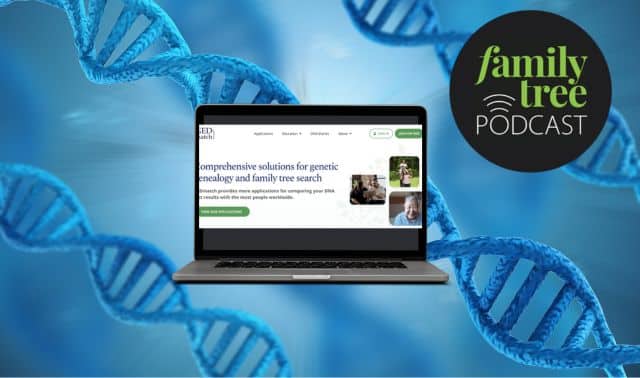Sign up for the Family Tree Newsletter Plus, you’ll receive our 10 Essential Genealogy Research Forms PDF as a special thank you!
The Archives Service Center (ASC) at the University of Pittsburgh acquired the Allegheny County Coroner Case Files in 1982. These files document the legal and medical proceedings of untimely and suspicious deaths from 1887 to 1973. Their wealth of information includes witness accounts and affidavits, physician’s notes, press reports, legal documents, photographs and reports of re-enactments.
In 2007, the ASC received a grant from the Pennsylvania Historical and Museum Commission to preserve and make accessible to the public the 867 tightly packed boxes of coroner case files. Many of the files were in poor condition. Each was trifolded and wrapped with corroded rubber bands. A layer of fine coal dust coated everything. Between January 2007 and May 2008, the ASC staff and 26 students worked to rearrange the documents into their original order by case file number. Students gently removed decaying metal fasteners, carefully unfolded the brittle papers, flattened the documents and placed them into new folders. All folders were stored in acid-free boxes.
Before the project, retrieving case files was a time-consuming affair because the collection lacked an index. You had to know the date of death in order to conduct an effective search. To improve access, the ASC staff worked along with the students’ processing efforts to create a name index. The result: a database of approximately 206,000 individual names, dates and docket numbers. Now, with just a first and last name, archivists can determine if a file exists within seconds.
The coroner case file records reveal stories of working conditions, industrial accidents, epidemics and other health care issues. For example, the students counted 400 deaths a month from October 1918 to February 1919, when the influenza epidemic hit hard. Affidavits written by close family or friends lend a personal, emotive quality not usually seen in public records. Such testimony can provide details of family life, including who was caring for the sick and economic situations that might’ve prevented proper care.
Occasionally, ASC students even found samples of poisonous substances used to commit suicide, such as a strychnine sulfate tablet in a woman’s 1919 case file. The file of a person murdered in a barroom brawl contained fragments of the tobacco pipe used to bludgeon the victim. The slivers had been removed from the dead man’s skull.
Learn more about this collection in the online finding aid, which you can access by searching the
ASC site’s collection guides for Allegheny County Coroner.
Wendy Pflug, ASC Reference Archivist




